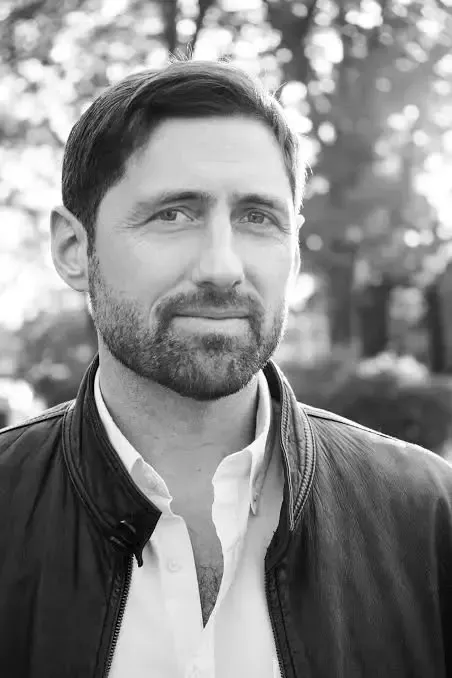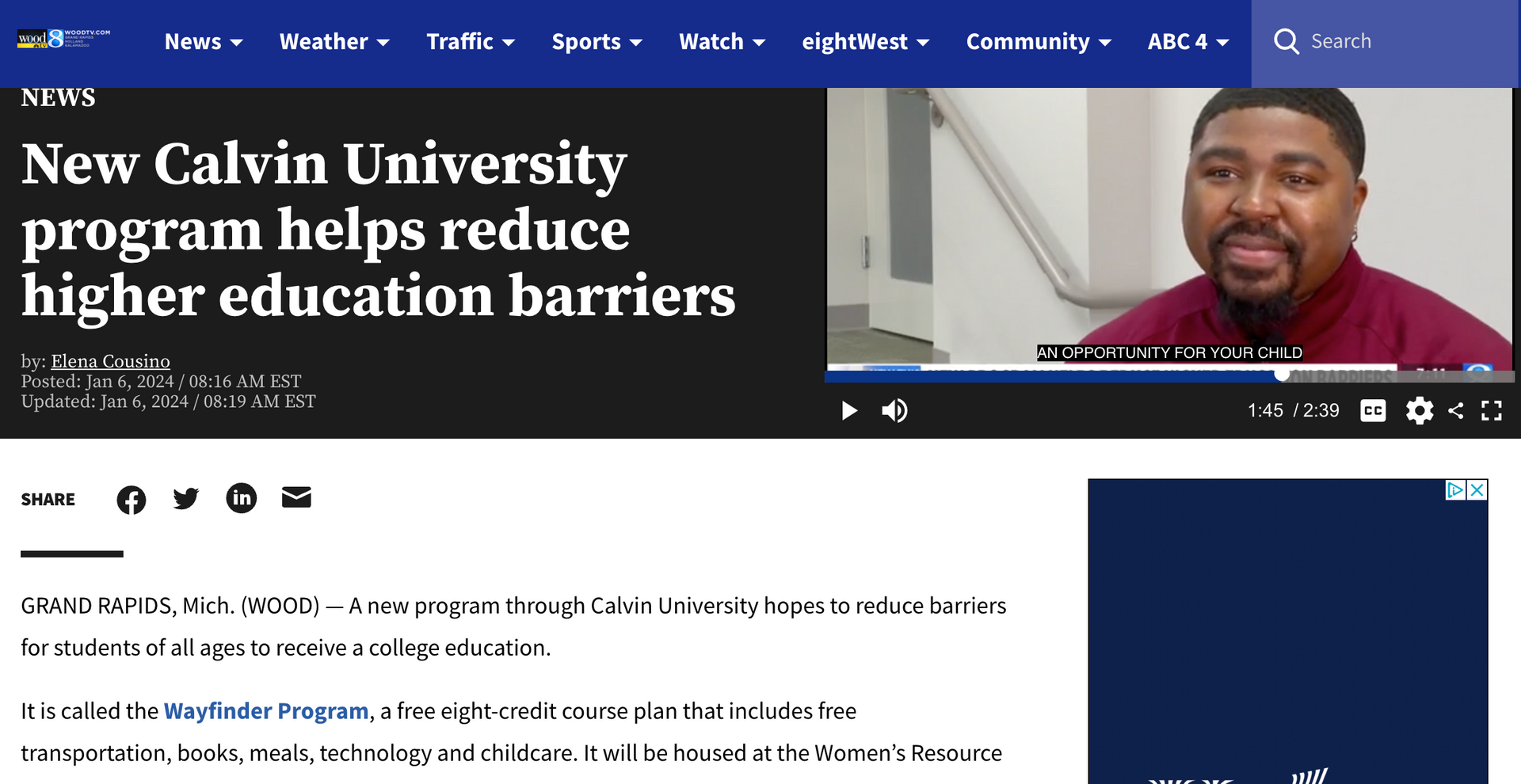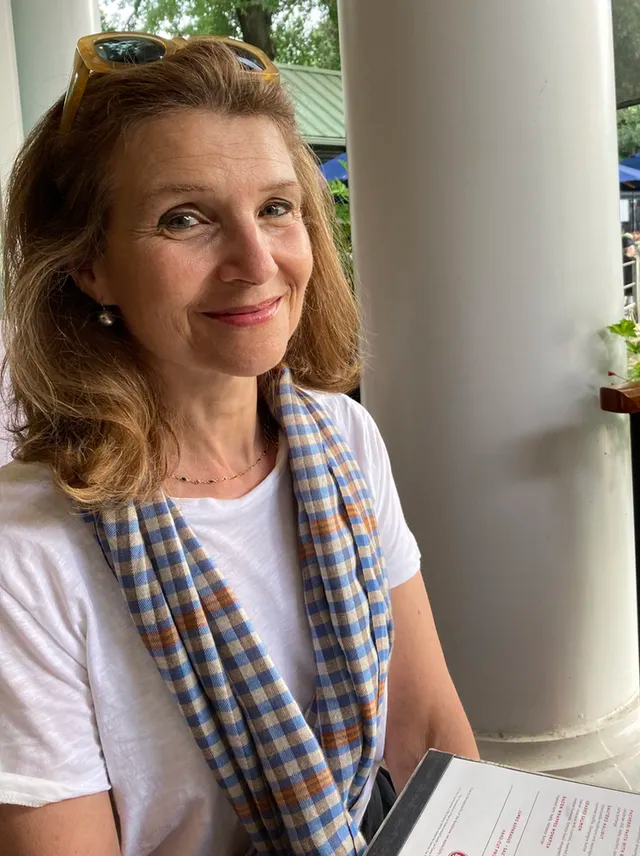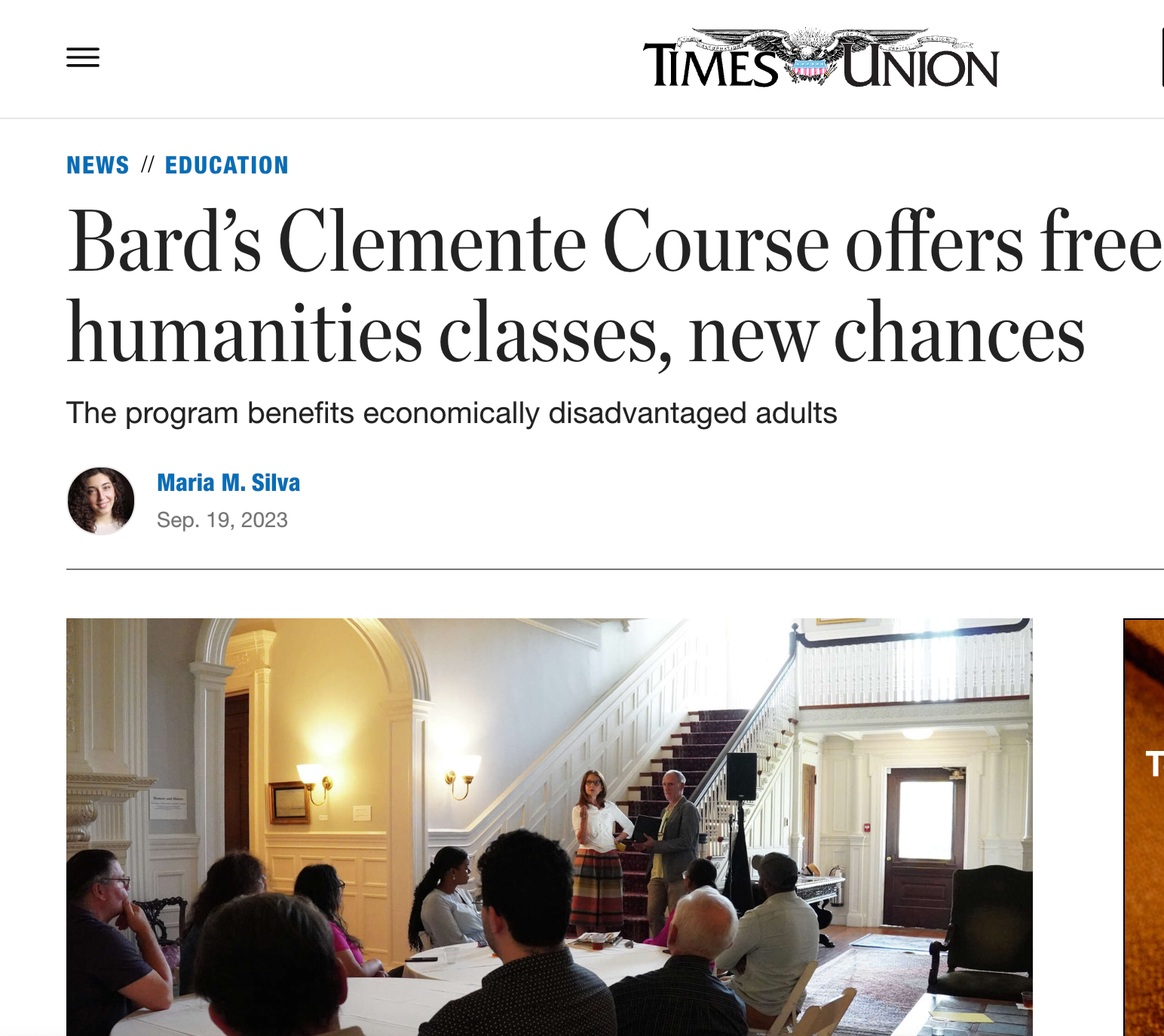Meet George Williams
May 9, 2018
Graduate, Clemente Veterans' Initiative in Seattle
George Williams is on his way to becoming a psychiatric social worker. He hopes to work with veterans and addicts, people whose lives may not have been so different from his own. He credits his time in a Clemente Veterans’ Initiative class for preparing him to pursue his dream.
George served three tours in Iraq, spending 12 years in the Army before leaving in 2014. He considers his time in the military sometimes great, sometimes difficult, but always rich in connections to his fellow soldiers. “Those bonds will never be broken,” he said.
And it was the sense of connection that drew him to enroll in the Clemente Course in Seattle in 2017. He met Jeb Wyman, the program’s academic director, through another veteran and realized Clemente offered an environment where he’d feel comfortable as a nontraditional student.
“I wanted to be around other veterans because the transition out of the military is not easy,” he said. “When I got out I felt kind of lost, but reconnecting with other veterans and working on things that they were teaching us in Clemente helped us put our head together like when we were in the military.”
The class was a community, and the material, whether or not it connected directly to the military, always gave students an opportunity to think deeply about their lives. George says that in particular, the art history classes surprised them for how they opened up opportunities for self reflection. While learning how to interpret works of art like paintings by Rembrandt and Velazquez, the students were also learning how to think visually. In one exercise, they made masks.
Veterans made masks in the art history class
It was an an assignment with particular resonance to the veterans. George explained, “Sometimes we all have to put on a different face when we are confronted with traumatic or fearful things in life. But you learned it’s okay to wear a different face. You still remain who you are.”
Clemente helped him see beyond his own masks, and it’s also helped him share his story with other people. He speaks publically now, talking openly about his experiences with fellow psychology students at Seattle Central College and larger groups in the community. In many ways, it’s all part of his work helping people who have faced difficult times.
And it was the sense of connection that drew him to enroll in the Clemente Course in Seattle in 2017. He met Jeb Wyman, the program’s academic director, through another veteran and realized Clemente offered an environment where he’d feel comfortable as a nontraditional student.
“I wanted to be around other veterans because the transition out of the military is not easy,” he said. “When I got out I felt kind of lost, but reconnecting with other veterans and working on things that they were teaching us in Clemente helped us put our head together like when we were in the military.”
The class was a community, and the material, whether or not it connected directly to the military, always gave students an opportunity to think deeply about their lives. George says that in particular, the art history classes surprised them for how they opened up opportunities for self reflection. While learning how to interpret works of art like paintings by Rembrandt and Velazquez, the students were also learning how to think visually. In one exercise, they made masks.
Veterans made masks in the art history class
It was an an assignment with particular resonance to the veterans. George explained, “Sometimes we all have to put on a different face when we are confronted with traumatic or fearful things in life. But you learned it’s okay to wear a different face. You still remain who you are.”
Clemente helped him see beyond his own masks, and it’s also helped him share his story with other people. He speaks publically now, talking openly about his experiences with fellow psychology students at Seattle Central College and larger groups in the community. In many ways, it’s all part of his work helping people who have faced difficult times.
“If someone hears my story about war, about what I’ve gone through and how I’m embracing my past, it enables them to see a real person and not just someone from a film. I guess you can say that for a civilian struggling with life, it can help them to live.”
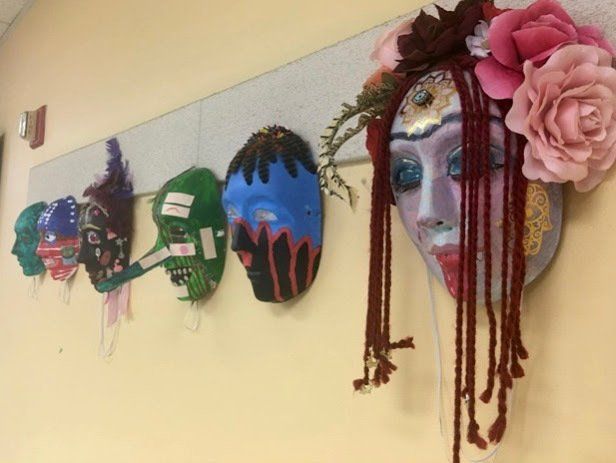
Veterans made masks in the art history class.
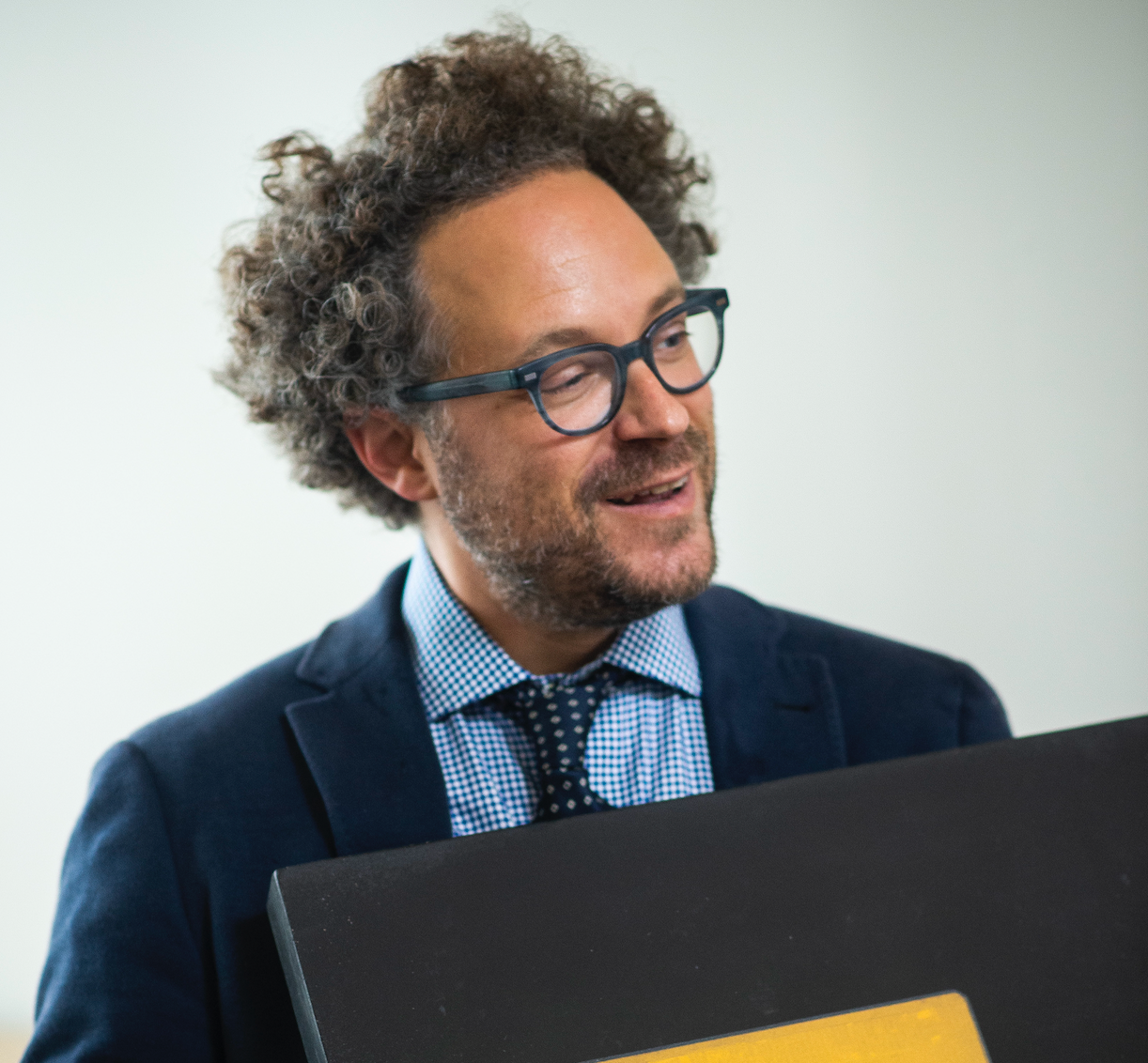
The Board of Directors of The Clemente Course in the Humanities announces the appointment of its new Executive Director, Aaron Rosen, PhD. Clemente’s Board was impressed by Dr. Rosen’s passion for reaching and supporting underserved communities. He comes to Clemente with an extensive track record working with diverse students, from Middle Eastern and South Asian immigrants in London to U.S. military veterans and Native Americans in Billings, Montana to African American and Latin American ministry students in Washington, DC.

